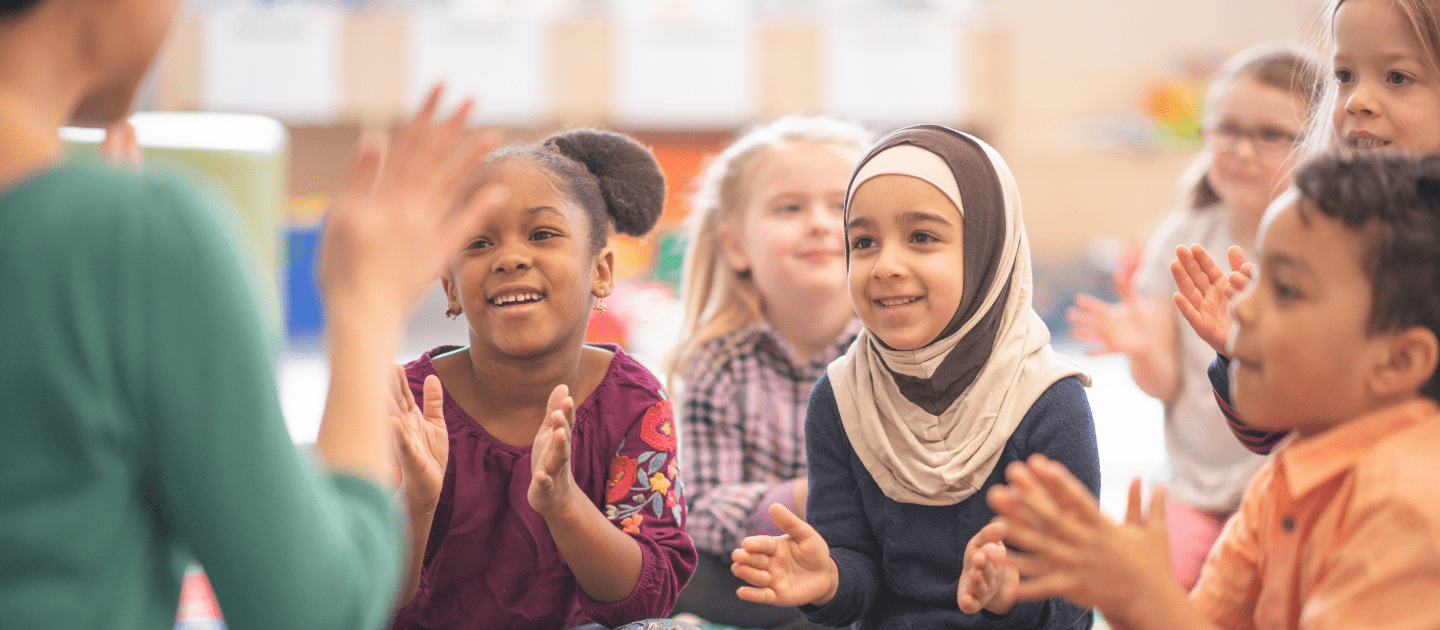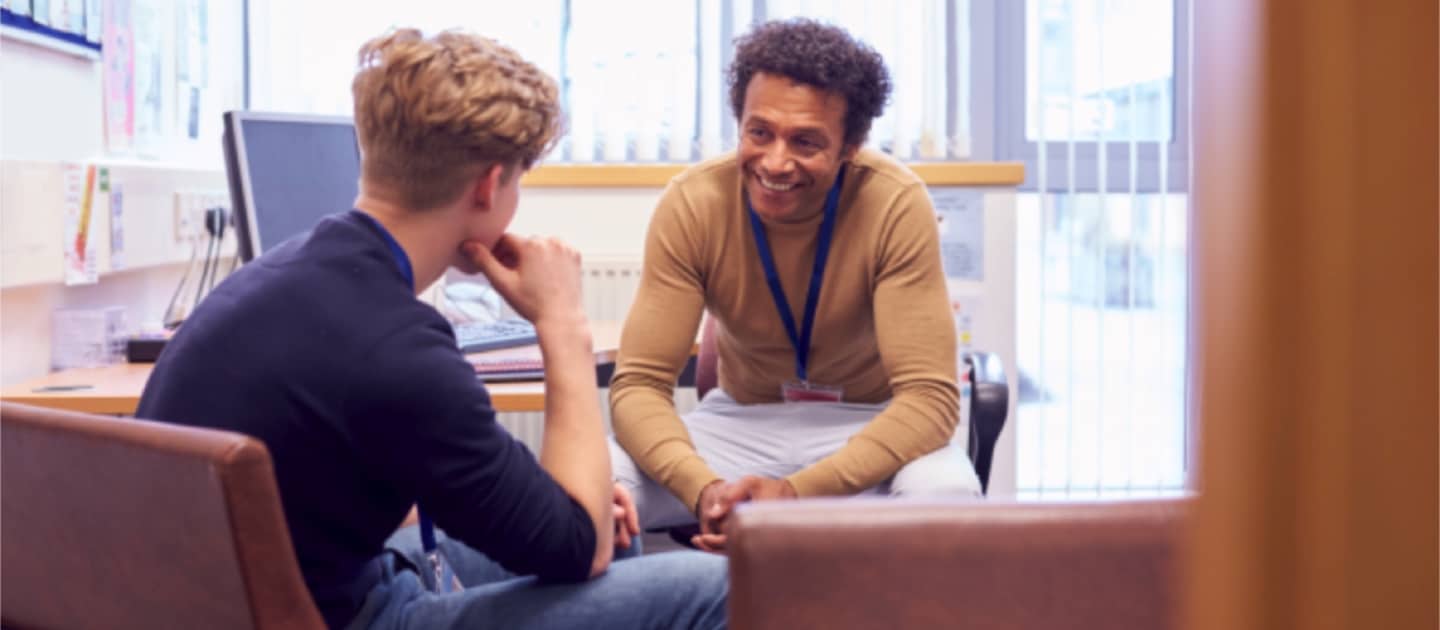The Key to Classroom Management: Multicomponent Professional Development

Employing effective classroom management techniques can pave the way for positive teacher-student relationships and create a safe space for students to learn, improve behavior, and increase academic achievement.
Bullying in physical education of children and youth with visual impairments: A systematic review

As special educators, we must include PE teachers and paraeducators in IEP meetings and ensure they feel prepared to modify and adapt their program for learners with disabilities.
Student–teacher relationship quality and prosocial behaviour: The mediating role of academic achievement and a positive attitude towards school

Developing strong relationships with your students that are characterized by closeness and support can act as a protective factor for the students. Teachers can stimulate prosocial behaviours through this relational model, as well as help the child to feel included in and develop positive attitudes towards the school climate.
How can teachers improve engagement in a virtual setting?

This article provides educators with a manual on how to utilize positive and proactive behaviour management strategies to improve student engagement in virtual environments using platforms like Zoom or G Suite.
Will direct engagement with learners change how you provide behavioral support?

The core of personalized learning lies in the direct engagement with our learners through one-to-one sessions and one-to-one conferences. This engagement allows students to connect, identify, activate and be empowered throughout their personalized learning journey.
Ecological Systems Theory – Urie Bronfenbrenner

This work further investigates key topics such as the defining properties of the bio-ecological model, developmental science, and a biological model of the nature/nurture concept with an emphasis on research, policy and practice.
Large-scale brain systems in ADHD: beyond the prefrontal-striatal model – F. Xavier Castellanos and Erika Proal

Recent advances in systems neuroscience-based approaches to brain dysfunction have facilitated the development of models of ADHD pathophysiology that encompass a number of different large-scale resting-state networks.
Investigating conversational dynamics: Interactive alignment, interpersonal synergy, and collective task performance – Riccardo Fusaroli and Kristian Tylén

This study investigates interpersonal processes underlying dialog by comparing two approaches, interactive alignment and interpersonal synergy, and assesses how they predict collective performance in a joint task.
The wisdom of practice: Lessons learned from the study of highly effective tutors – Mark R. Lepper and Maria Woolverton

This chapter describes the wisdom of practice that explains the lessons learned from the study of highly effective tutors. This chapter presents that in the 21st century, tutoring remains the ideal of education.
Learner-centered teacher-student relationships are effective: A meta-analysis – Jeffrey Cornelius-White

Person-centered education is a counseling-originated, educational psychology model, overripe for meta-analysis, that posits that positive teacher-student relationships are associated with optimal, holistic learning.
